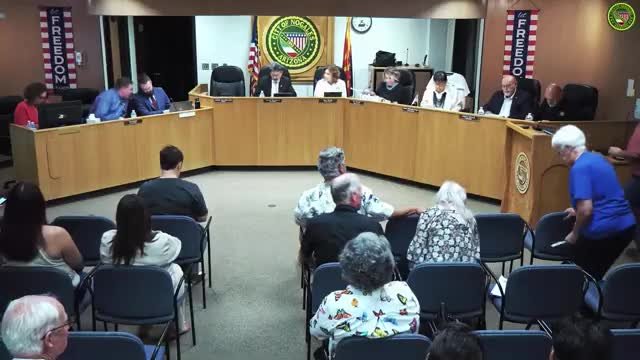Posted by: Staff
June 6, 2023
(StatePoint) You may not realize it, but building safety has a huge impact on our daily lives.
according to InjuryFacts.NSC.orgIn 2021, about 16 in 100 people will be injured at home or in community venues. Major causes that contribute to these injuries, such as drowning, fire smoke, and general home maintenance, can be prevented by acting proactively.
As the leading global source of model codes, standards and building safety solutions, Code Council is committed to educating homeowners about fire safety, home maintenance and sustainability practices. Here are some safety tips provided by the Code Council to help prevent accidents and keep your family and community safe.
Fire safety tips:
- Install smoke alarms on every floor of your home, outside each bedroom, and inside each bedroom. Test each fire alarm regularly and replace it every 10 years.
- Install home fire sprinklers. At a relatively affordable price, you can increase your property value and lower your insurance premiums.
- Set up an outdoor assembly area and plan an escape so everyone knows how to get out quickly.
- Keep flammable items at least 3 feet away from portable heaters.
- Keep all flammable items outside your home. Don’t forget to clear your gutters of leaves and remove dead leaves and branches from shrubs and trees around your home.
Home maintenance tips:
- Do not overload electrical cords or power strips.
- Do not use appliances with damaged cords.
- To prevent mold, keep an eye out for leaks, condensation and wet spots in your pipes and fix the source of the moisture problem as soon as possible.
- Be aware that there are some materials and items that should never be flushed down the toilet, such as medicines, disposable wipes, and coffee grounds.
- Drain water from swimming pool and watering supply lines according to the manufacturer’s or installer’s instructions to prevent pipes from freezing in the winter.
- Ensure that all pedestrian gates on the swimming pool fence are self-closing and self-latching.
According to the Center for Climate and Energy Solutions, the average US household can spend $2,000 a year on utilities. This means that reducing household energy use is the single most effective way to save money and reduce a household’s contribution to greenhouse gases. The Code Council recognizes that it’s unclear where to start for many, and suggests the following tips to help pave the way for the community moving forward.
Energy and Sustainability Tips:
- Install water-saving showerheads and low-flow faucet aerators, and use your water meter to check for hidden leaks. These steps can help save water.
- To prevent contamination from stormwater runoff, never dump items into storm drains.
- Replace the filters in your home’s heating and cooling system regularly to improve energy efficiency.
- Replace the bulb with an LED. LEDs consume up to 90% less energy and last up to 25 times longer than traditional incandescent bulbs.
- Build and design eco-friendly homes using materials that are easily recyclable, reusable, renewable, durable, affordable and low maintenance.
- Build a rain garden to collect roof drainage and channel it into your garden or landscaping to recycle non-potable water. Always check local regulations regarding rainwater collection prior to installation.
For more information, check out the Code Council’s Safety Tool Kit and other resources at: iccsafe.org.









